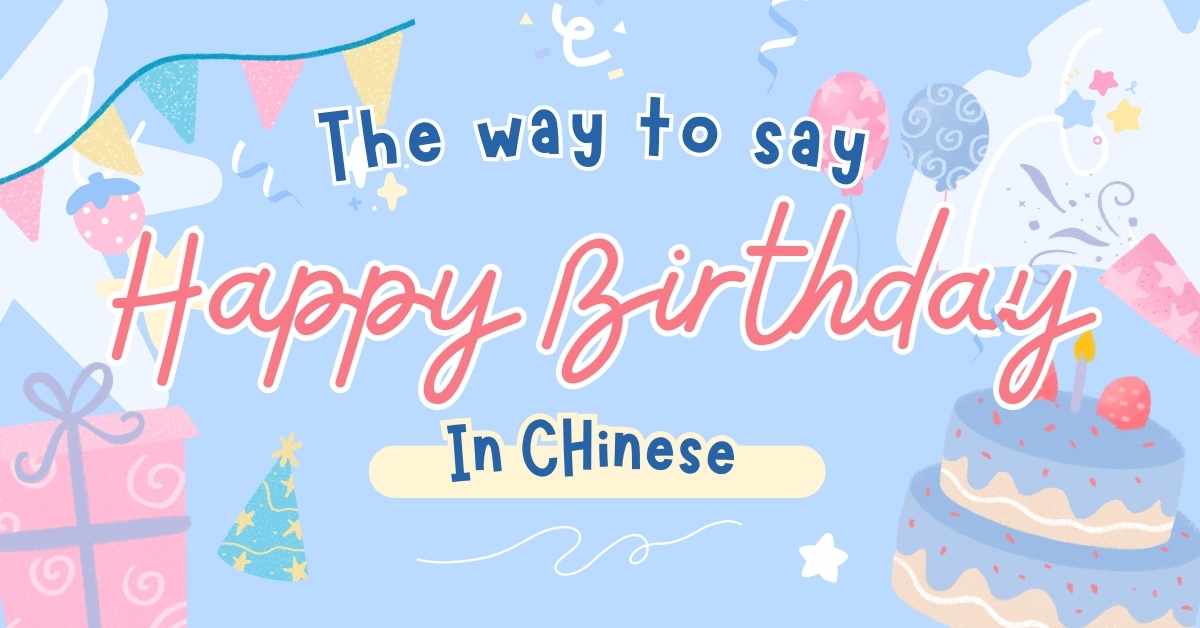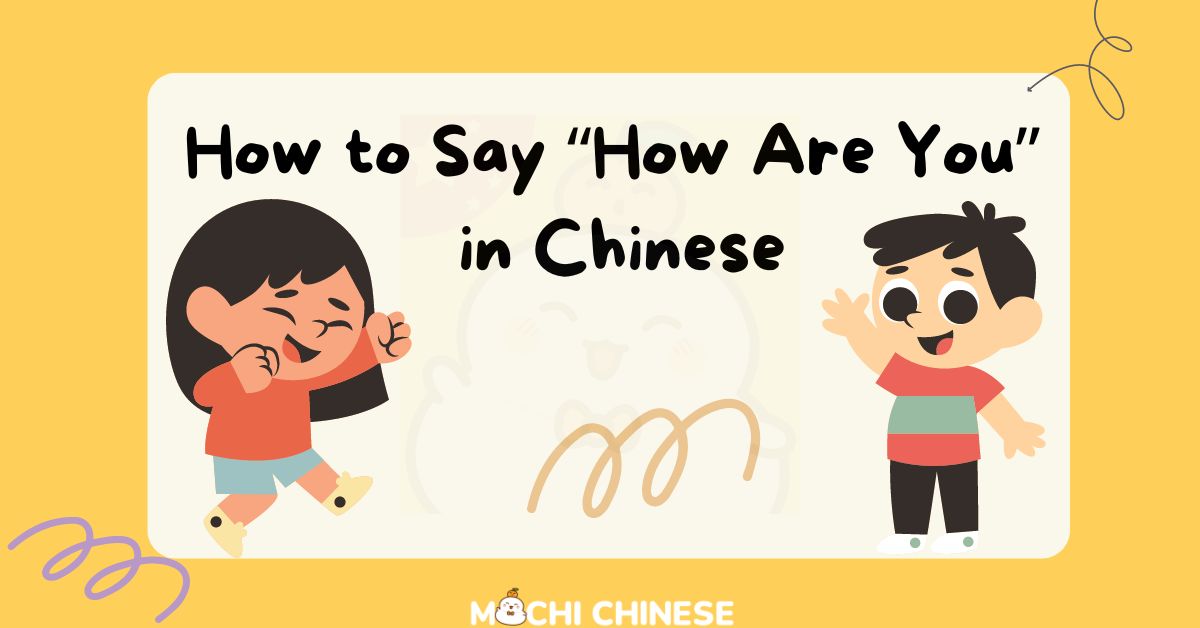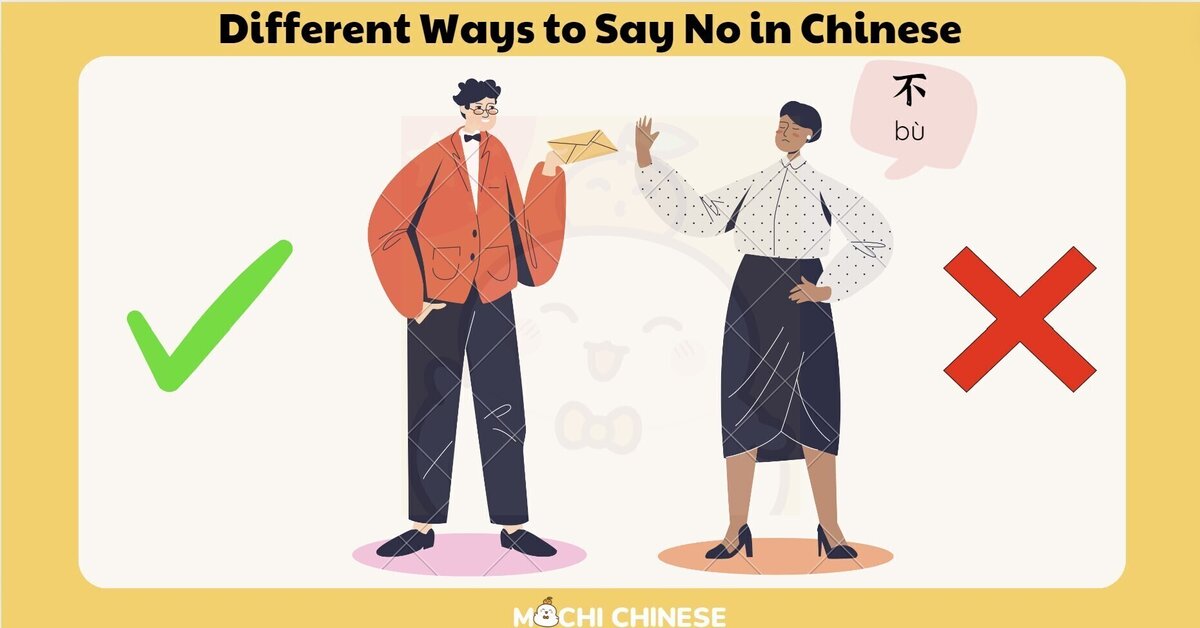This article aims to provide travellers with all the necessary information about the Chinese currency, the Renminbi (RMB), commonly referred to as the Chinese Yuan (CNY). Whether you’re preparing for a vacation, a business trip, or a long-term stay, this guide will help you navigate the financial aspects of your journey with confidence.
Overview of Chinese Currency
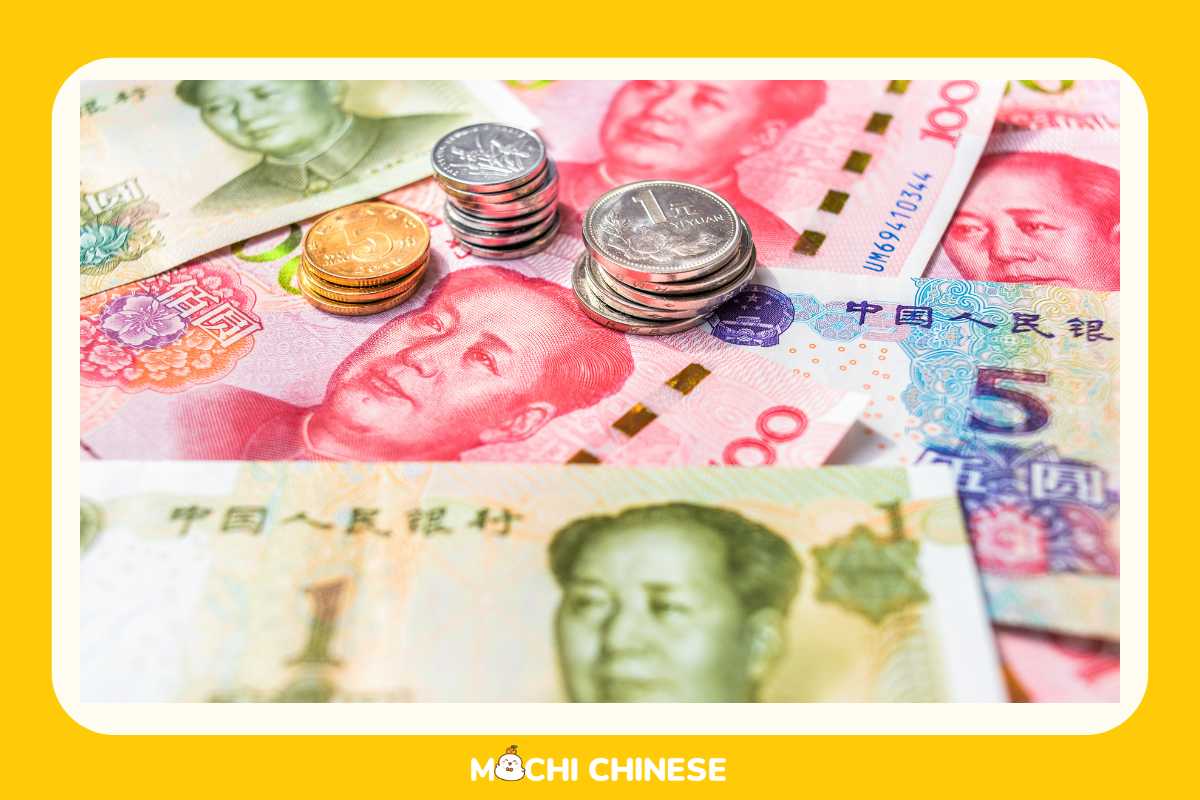
Before we delve into the specifics, let’s take a quick look at the basics of Chinese currency.
The Renminbi, often abbreviated as RMB, is the official currency of the People’s Republic of China. You’ll often see it represented by the symbol “CNY,” which stands for Chinese Yuan. Think of the Renminbi as the umbrella term encompassing various denominations, similar to how the U.S. dollar includes bills and coins of different values.
Understanding the Basics of Chinese Currency
The Units of Currency
Now, let’s break down the different units of Chinese currency and their physical characteristics.
Yuan (元)
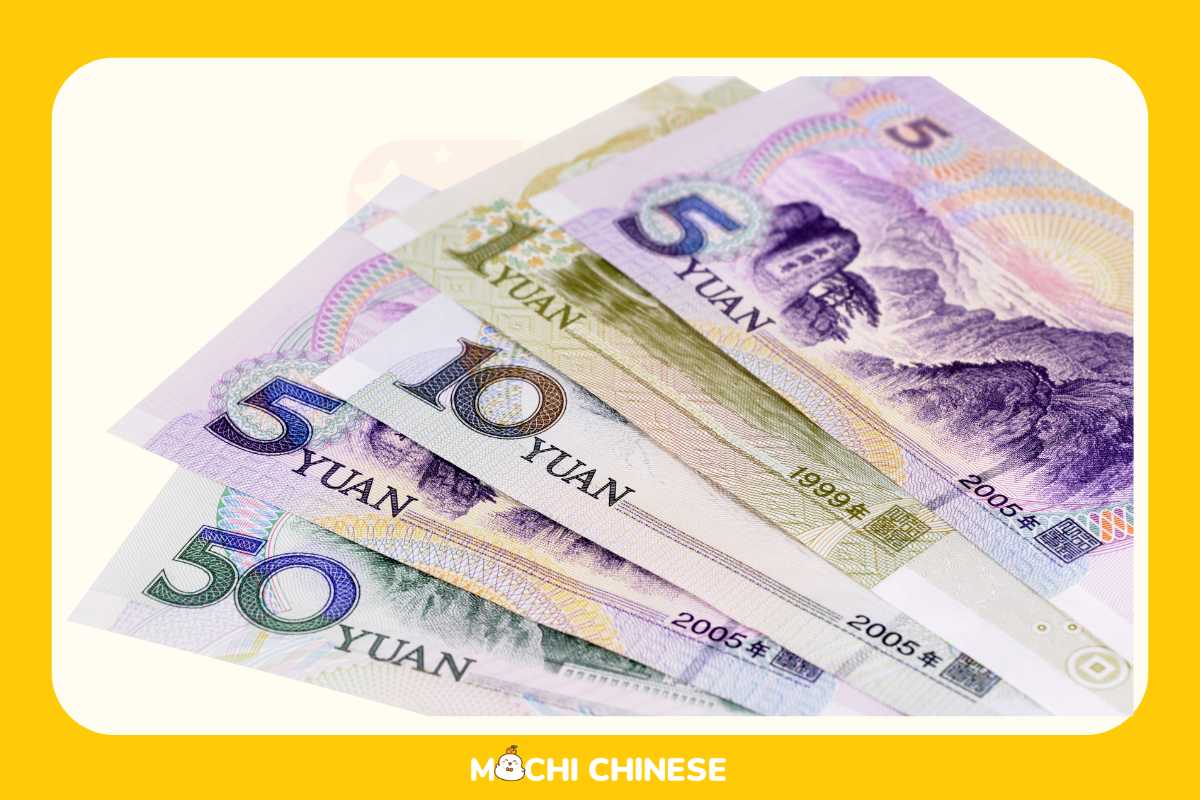
The primary unit of currency is the yuan, represented by the symbol “¥.” This is the equivalent of the dollar in the United States. When you hear prices quoted in China, they are typically in yuan.
Growing up, I remember my first encounter with Chinese currency during a family trip to Beijing. As a wide-eyed kid, I was fascinated by the colourful bills adorned with iconic landmarks and historical figures. From the 1 yuan note featuring Mao Zedong to the 100 yuan note showcasing the Great Hall of the People, each bill tells a story of China’s rich heritage.
Jiao (角) and Fen (分)
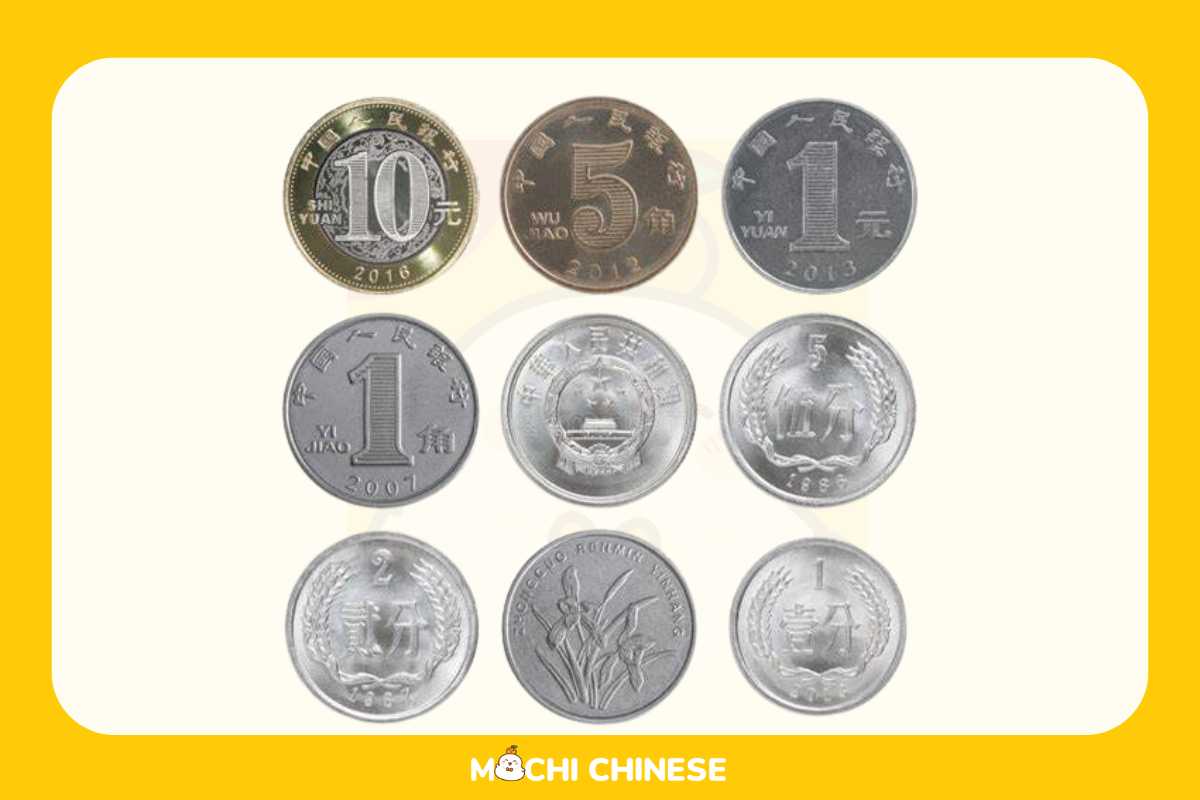
In addition to yuan, there are smaller units known as jiao and fen. One yuan equals 10 jiao, and one jiao equals 10 fen. While these smaller denominations are less common in everyday transactions, they’re still important to be aware of, especially when dealing with exact change.
Official Names and Common Usage
Understanding the distinction between “Yuan” and “Renminbi” is fundamental for anyone dealing with Chinese currency. These terms are often used interchangeably, but they have specific meanings and contexts. Let’s delve into the differences and proper usage of each term.
Renminbi (RMB) – The Official Name
Renminbi (人民币) translates to “People’s Currency.” It is the official name of the currency used in the People’s Republic of China. The term “Renminbi” encompasses all units of the currency, including yuan, jiao, and fen. It is used in formal and official contexts, such as:
- Government and Financial Documents: Renminbi is the term you will find in legal texts, official documents, and international financial reports.
- Central Bank Communications: The People’s Bank of China, the country’s central bank, refers to the currency as Renminbi in its policies and announcements.
- Global Financial Markets: When discussing China’s currency in global financial markets, “Renminbi” is the term used to refer to the overall currency system.
Yuan (CNY) – The Unit of Renminbi
Yuan (元 or 圆) is the primary unit of the Renminbi. It is the term used to denote the amount of money in everyday transactions. Think of it as how the term “dollar” is used in the United States. Here’s how “yuan” is typically used:
- Everyday Transactions: When you buy goods or services, prices are quoted in yuan. For example, a meal at a restaurant might cost 50 yuan.
- Banknotes and Coins: The currency you physically handle, such as the banknotes and coins, are referred to in terms of yuan (e.g., a 10 yuan note).
- Common Parlance: In daily conversation, especially in spoken Mandarin, people commonly use “yuan” or its colloquial form “kuai” (块). For example, “10 kuai” means 10 yuan.
Practical Differences and Usage
Official Context and Everyday Use
- Renminbi (RMB): Used in official, legal, and international contexts. For instance, an international business contract might state, “The payment will be made in Renminbi (RMB).”
- Yuan (CNY): Used in daily life for quoting prices, paying bills, and other common financial transactions. For example, at a store, you would ask, “这个多少钱?” (Zhège duōshǎo qián?) meaning “How much is this?” and expect the answer in yuan.
Symbol and Abbreviation
- Renminbi (RMB): The ISO code for Renminbi is “CNY,” which stands for “Chinese Yuan.” However, “RMB” is also commonly used as an abbreviation, particularly in financial contexts.
- Yuan (¥): The symbol for yuan is “¥,” which is the same symbol used for the Japanese yen. In context, it is understood to mean yuan when used in China.
Exchanging Money
Where to Exchange Currency
You’ve touched down in China, and now it’s time to exchange your home currency for some Renminbi. Here are some places you should go to:
- Airports: Most international airports have currency exchange counters, though the rates might not be the best.
- Banks: Major Chinese banks like Bank of China, ICBC, and China Construction Bank offer reliable exchange services with competitive rates.
- Official Exchange Counters: Look for authorized exchange offices in major cities, which often provide good rates and charge minimal fees.
Tips for Getting the Best Rates
Now that you know where to exchange your currency, let’s talk about how to get the best bang for your buck.
- Compare Rates: Check the exchange rates at different locations and choose the one with the best rate.
- Avoid Exchange Counters in Tourist Areas: These often have less favourable rates.
- Check for Fees: Some places might offer good rates but charge high fees. Always ask about any additional costs.
- Use a Currency Converter Tool: Tools like XE Currency or apps from your bank can help you monitor and compare exchange rates in real-time.
Using Currency in Daily Transactions
Cash and Digital Payments
In China, cash used to reign supreme, but digital payments have taken the country by storm in recent years. Apps like Alipay and WeChat Pay have revolutionized the way people pay for goods and services, offering convenience and efficiency.
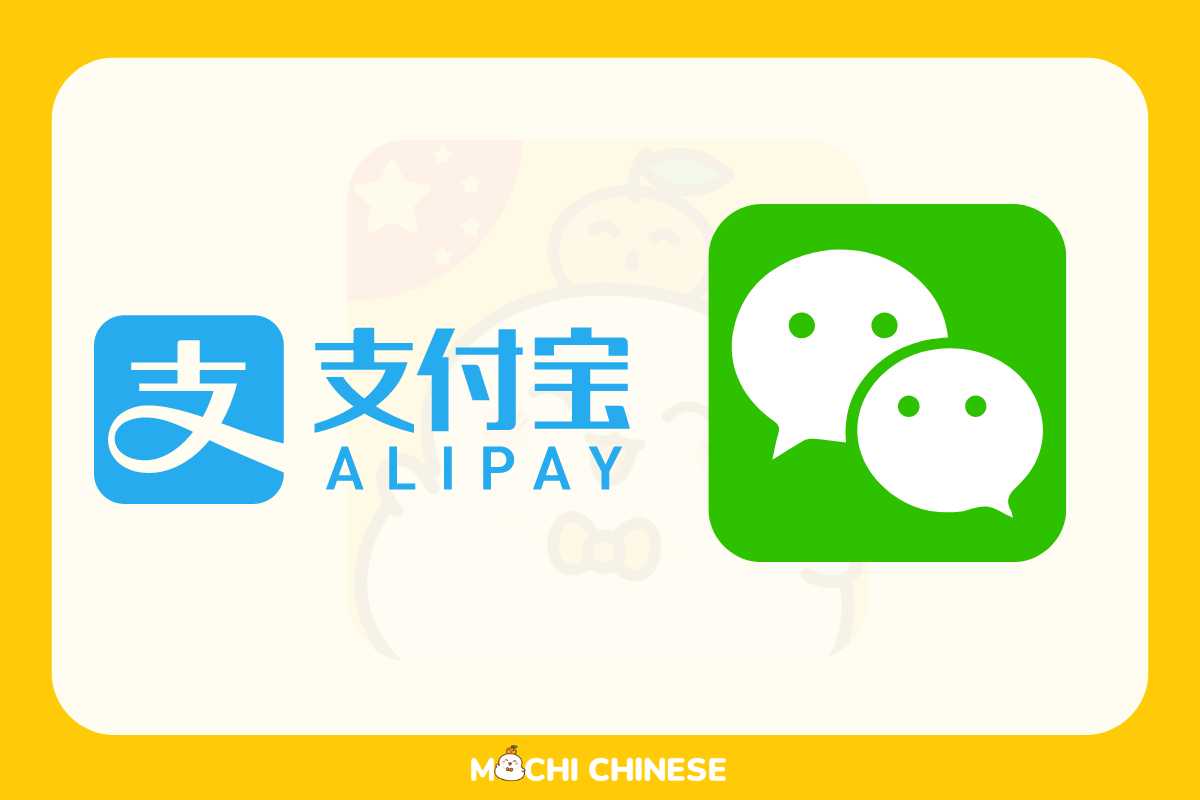
During my last visit to Shanghai, I was amazed by the seamless integration of mobile payments into everyday life. From buying street food to splitting bills at restaurants, the majority of transactions were conducted through Alipay or WeChat Pay. It’s a testament to China’s rapid embrace of technology and innovation.
How to Handle Cash Transactions
While digital payments are prevalent, cash still has its place in Chinese society, especially in smaller establishments and rural areas. Here are some practical tips for handling cash like a pro:
Familiarize Yourself with Bills and Coins
Take some time to familiarize yourself with the various denominations of yuan, jiao, and fen. This will help you quickly identify and count your money during transactions.
Check for Counterfeit Money
Counterfeit currency can be a concern in any country, so it’s essential to be vigilant when handling cash in China. Look for security features on bills, such as watermarks and security threads, and be cautious when receiving large denominations from unfamiliar sources.
How to Ask and Answer Questions About Chinese Currency
As a traveler, you might encounter various questions about Chinese currency. Here are some typical ones:
- Q: How much is this?: 这个多少钱?(Zhège duōshǎo qián?)
A: This is [amount] yuan: 这个 [amount] 元。(Zhège [amount] yuán.)
- Q: Can I pay with a card?: 可以刷卡吗? (Kěyǐ shuākǎ ma?)
A: Yes, you can pay with a card: 可以,你可以刷卡。(Kěyǐ, nǐ kěyǐ shuākǎ.)
- Q: Where can I exchange money?: 哪里可以换钱?(Nǎlǐ kěyǐ huànqián?)
A: You can exchange money at [place]: 你可以在 [place] 换钱。(Nǐ kěyǐ zài [place] huànqián.)
For more in-depth learning, consider using language apps like Mochi Chinese, which can help you practice these phrases and improve your language skills.
Conclusion
Congratulations! You’ve now unlocked the secrets of the Chinese currency and are ready to embark on your adventure with confidence. Whether you’re marvelling at the Great Wall or savouring the flavours of Sichuan cuisine, you’ll navigate the ins and outs of the Renminbi like a seasoned traveller.
Recommendation: Mochi Chinese App – Memorize 1000 words in 30 days
Mochi Chinese offers a range of features designed to enhance your learning experience, including interactive lessons, quizzes, spaced repetition and Golden Time techniques.
- Focus on Joyful Learning:
Mochi Chinese aims to make learning Chinese fun and engaging. - Bright Design & Adorable Mascots: The app uses cheerful colors and cute characters to keep you motivated.
- Spaced Repetition System: Smart algorithms help you review words at the perfect time to boost memorization.
Download the Mochi Chinese app on Google Play Store, App Store, or Web version!

